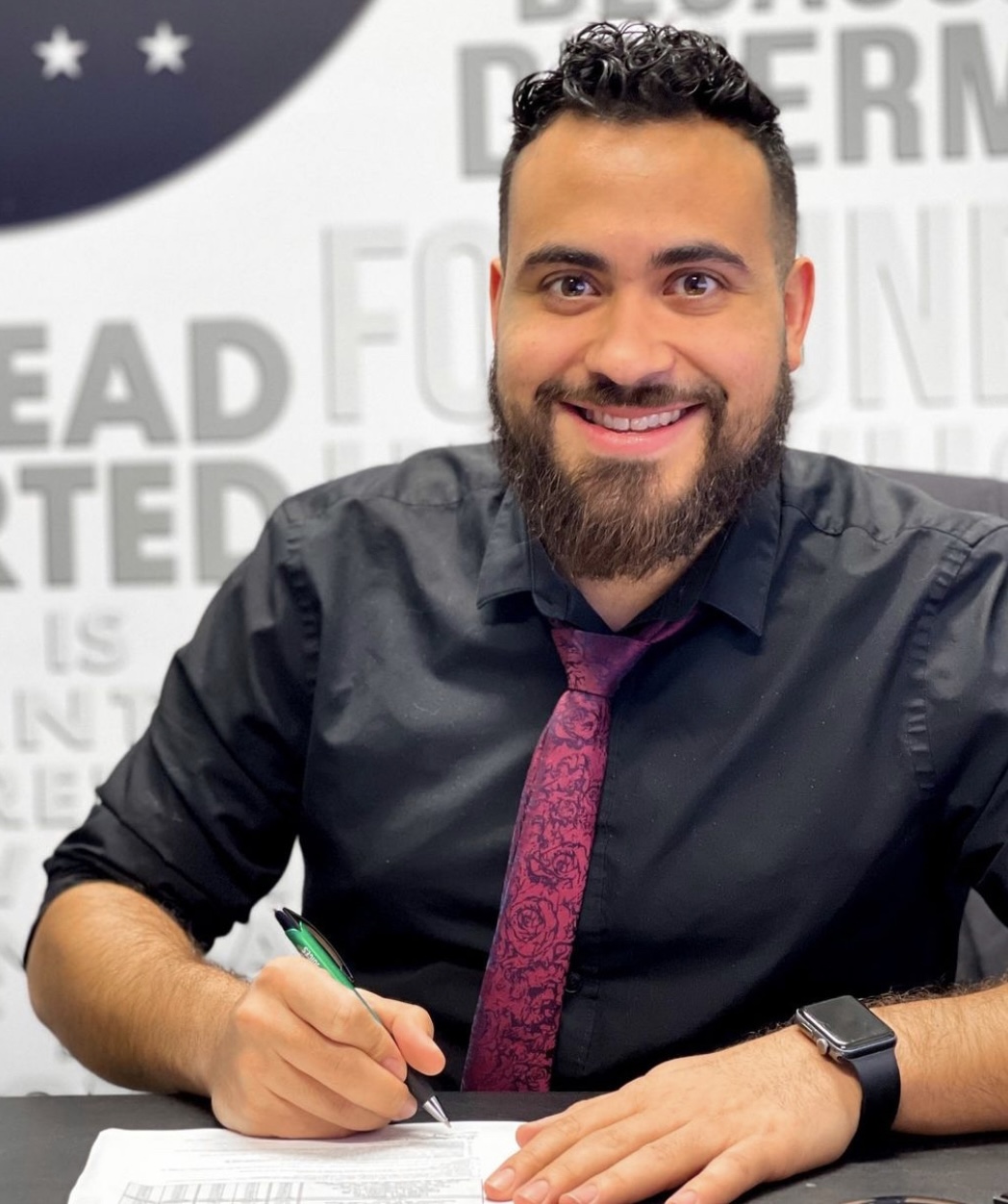Health insurance can feel complicated at times, and it can be even harder for those who speak a language other than English to access the right services and care. In Miami-Dade County, there is a large percentage of Spanish, Haitian Creole, and French speakers who need multilingual health insurance services to access the coverage they deserve.
Overview of Miami-Dade’s Demographics
Miami-Dade County is an ethnically diverse part of Florida with 70% of residents speaking a language other than English at home. Spanish is the most common language in the county with a 62% Hispanic population. Haitian-American communities also comprise a portion of the county with members who speak both Haitian Creole and French as their primary language.
The rich diversity of Miami-Dade County means that health insurance providers need to provide multilingual services to help everyone access coverage. Providers must consider not only language preferences but also cultural backgrounds and beliefs about healthcare to provide personalized service to customers.
Language Barriers in Health Insurance
America is a multilingual nation, with 66 million people (21.6% of the population) speaking a language other than English at home. Although most people in the U.S. speak at least some English, millions do not have the English ability to access healthcare or health insurance services. This barrier can prevent them from receiving medical treatment and even cause them to suffer due to a lack of care for preventable or treatable injuries and illnesses.
Language barriers also play a significant impact on health insurance enrollment and utilization. Even when someone can acquire health insurance with the help of bilingual services, they may not be able to book appointments, communicate with medical staff, and make requests on their behalf. The inability to speak effectively with their health insurance provider can also negatively impact utilization rates.
To provide more comprehensive care, the United States health insurance industry has to prioritize bilingual and multilingual services to ensure that the diverse and growing population can access coverage and medical treatment.
Cultural Needs and Sensitivities
While language barriers may be a large barrier to accessing coverage, they are not the only element that impact health insurance enrollment rates and utilization in the United States. While it’s one thing to be able to communicate in a foreign language, it is another to understand the cultural needs, beliefs, and sensitivities of a population.
An American health insurance agent or representative who can provide service in another language can still run into challenges if they aren’t familiar with the cultural nuances of a person’s background.
Cultural competency fosters trust by acknowledging patients’ values and beliefs and offering service that respects them. For example, many cultures prioritize family decision-making in healthcare, which can be important to know when discussing coverage options.
Solutions to Address Language and Cultural Barriers
There are various options health insurance providers can take to address language and cultural barriers in Miami-Dade County. These include:
- Offer multilingual customer service. Hiring native or fluent speakers of languages other than English can expand care and improve enrollment and health insurance utilization. Companies should prioritize the most spoken languages in Miami-Dade County, such as Spanish, Haitian Creole, and French.
- Conduct cultural competency training. Training staff to understand the values and beliefs of various cultural demographics can improve customer satisfaction and increase enrollment rates.
- Translate websites and health insurance materials. Offer multilingual versions of your website to provide more on-demand, comprehensive service. Translated materials, such as bills and letters, can also ensure that patients are able to fully understand and engage with their healthcare.
Get The Health Insurance You Need
Bridging the gap between cultural and language barriers in health insurance is challenging, but the pay-off is worth it from both a business and humanistic perspective. Shaping the next generation of healthcare in the United States requires embracing a multicultural mindset that embraces the diversity of Miami-Dade County and surrounding areas.


